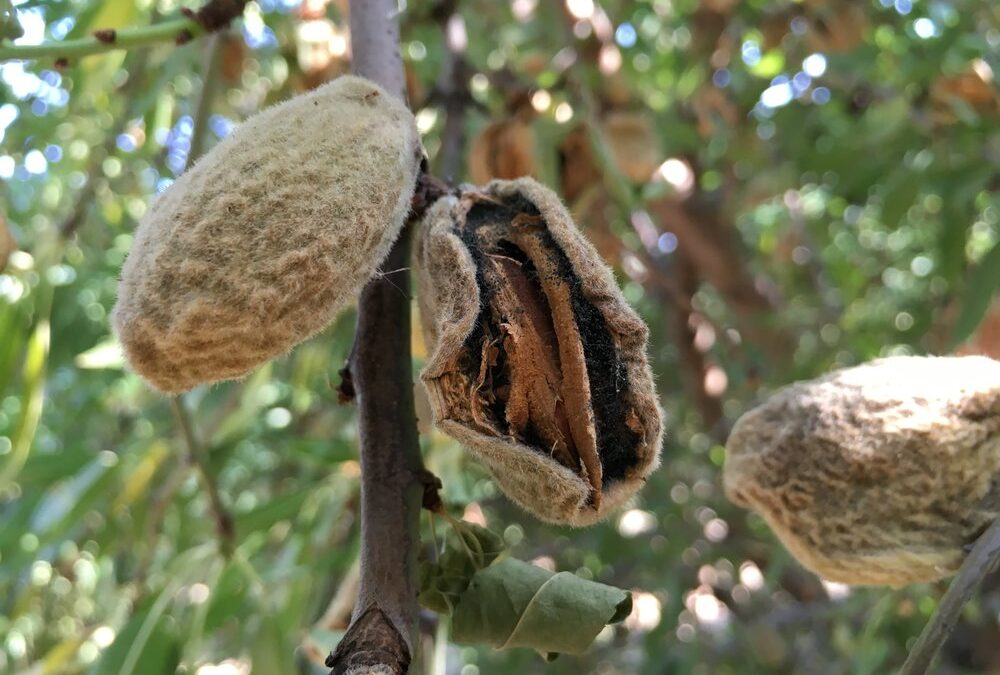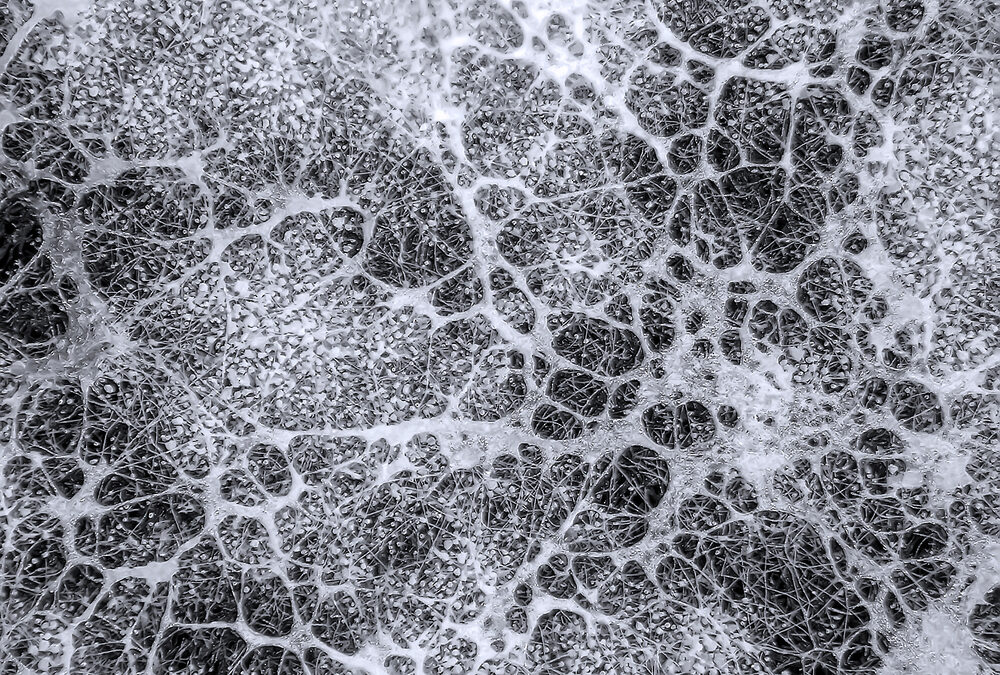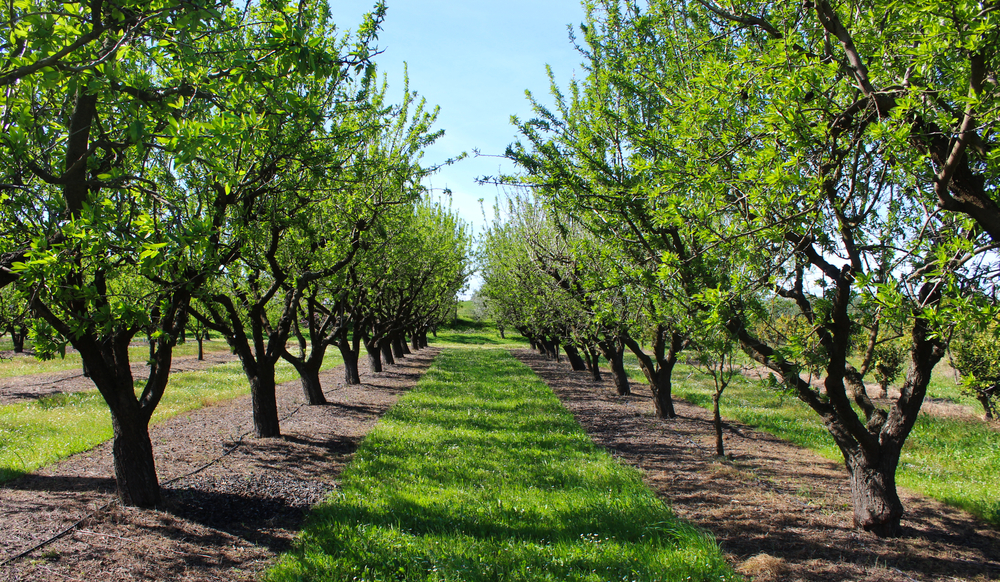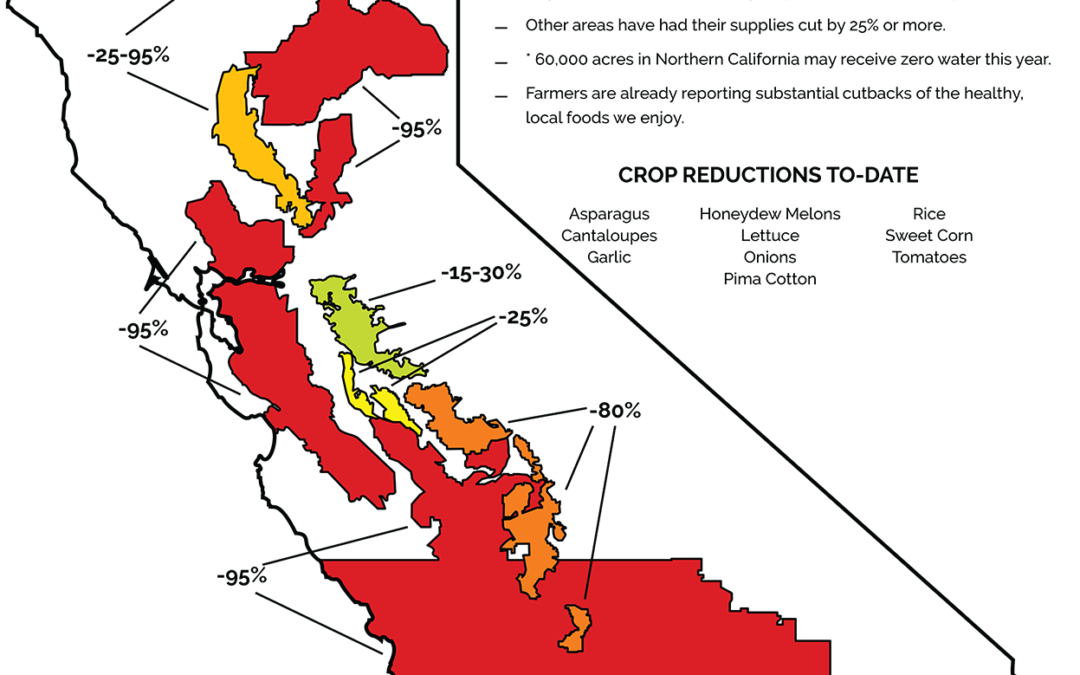
by Deac Jones | May 26, 2021 | News
Almond Hull Rot can be devasting for almond growers, and there haven’t been many decent options to control it. Organic growers are especially limited in what they can apply to address hull rot.
Hull rot is a general term for hull infection by one of several pathogens. The list of hull rot pathogens is growing, and now includes Rhizopus, Monilinia, Aspergillus, and Phomopsis. Hull rot is traditionally caused by Monilinia and Rhizopus. Aspergillus infections can lead to staining of the kernel and reduction in nut quality. The most susceptible varieties commonly planted include Nonpareil, Monterey, and Wood Colony.

by Deac Jones | May 12, 2021 | News
Although fungi have long been lumped together with plants, they are more closely related to animals. At a molecular level, fungi and humans are similar enough to benefit from many of the same biochemical innovations. When we use drugs derived from fungi, we are often borrowing a fungal solution and repurposing it within our own bodies. Fungi are pharmaceutically prolific and today we depend on them for many other chemicals besides the fabled penicillin. There’s cyclosporine, an immunosuppressant drug makes organ transplants possible, and statins, for lowering cholesterol. Taxol is just one of many anti-cancer compounds. And of course there’s alcohol, fermented by yeast. Sixty percent of enzymes used in industry are generated by fungi and 15% of all vaccines are produced by engineered strains of yeast. Citric acid is produced by fungi. Fungal solutions are also useful well beyond human pharmaceuticals. Fungi play a major role in agriculture, whether it’s reducing colony collapse in honeybees, treating heavy metals and toxins in soils (Andaman Ag has a great product for this application), mobilizing soil nutrients and trading them with plants for sugars and fats — we are only beginning to understand the intricacies and sophistications of fungal interactions.

by Deac Jones | May 6, 2021 | News
Humic substances such as lignin and charcoal are formed by the microbial degradation of dead plant matter. Among these substances are humic acids — complex molecules that exist naturally in soils, peats, oceans and fresh waters. Humic acid is not a single acid; rather, it is a complex mixture of many acids containing carboxyl and phenolate groups.

by Deac Jones | Apr 28, 2021 | News
Fungi is doing what it’s been doing for more than a billion years – eating rock, making soil, digesting pollutants, nourishing and killing plants, producing food, making medicines, manipulating animal behavior and influencing the composition of the Earth’s atmosphere. Yet, fungi are largely hidden from view and more than 90% of their species remain undocumented.

by Deac Jones | Apr 13, 2021 | News
2021 is being compared to 2015 as a critically dry year for California. 2 million acres of farmland will fall woefully short of its required water supply. I mentioned in previous newsletters that Andaman Ag sells AquaVantage, a bio-degradable, starch-based polymer that’s used as a soil amendment, capable of absorbing up to 500 times its weight in water to store and gradually release it to crops. The result: crops require 30-40% less water, given the water holding capacity! We believe it’s a breakthrough product that can have a major role in helping to mitigate drought conditions.





